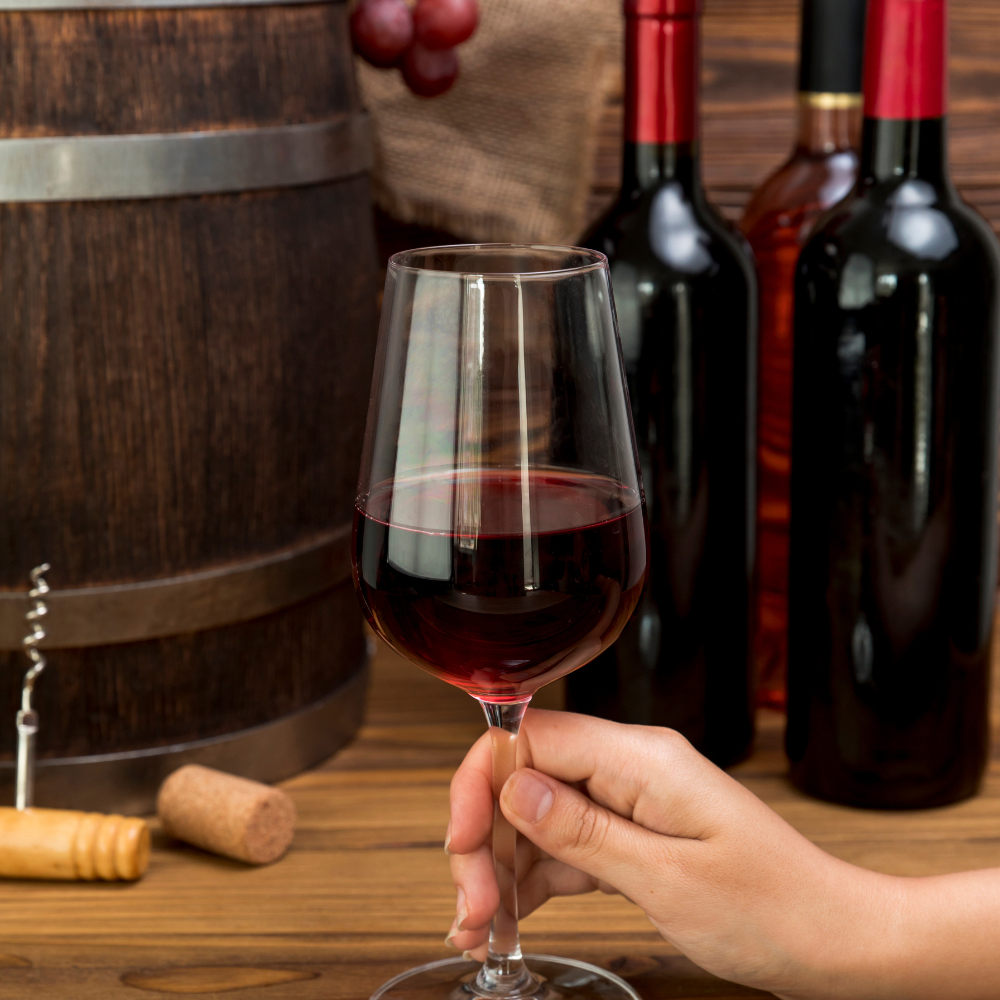Authorities uncover counterfeit vintage wine operation in France and Italy
French and Italian police have dismantled an international fraud ring that was selling low-quality wine as high-end vintages, with some bottles priced as high as €15,000 (£12,500) each. Authorities have arrested six individuals in Paris, Turin, and Milan, including a Russian national believed to be the ringleader behind the elaborate scheme.
The organisation is said to have created counterfeit labels designed to seem like those of well-known French vineyards. This enabled them to sell the phoney wine at full market value through international wine merchants. Prosecutors in France estimate that the group made almost two million euros from the fraudulent activity.
A French national has been charged with organised fraud and money laundering in connection with the scam, and it is anticipated that the Russian individual who is suspected of being the ringleader will also be prosecuted with the same offences.
According to Europol, which was a supporter of the operation, the authorities were able to recover a wide variety of items during the raids’ operations. goods such as counterfeit Grand Cru wine bottles, phoney wine labels, wax seals, machinery for recapping bottles, and components required to refill them were among the goods that were seized. In addition, the authorities seized luxury items, technological equipment with a value of 1.4 million euros, and more than one hundred thousand euros in cash.
Wine fraud is a longstanding issue, dating back to the invention of wine itself. However, in recent years, the scale of fraud has escalated. In the past, wine fraud was limited to a few skilled forgers who counterfeited labels and seals to pass off inexpensive wines as more prestigious vintages. But with the rise in value of top-quality wines, particularly French Grand Crus, fraud has become more organized and widespread.
Over the past decade, the prices fetched by the world’s best wines have skyrocketed, with some bottles selling for thousands of pounds. This financial incentive has made wine fraud highly profitable, and Italy has emerged as a key center for this type of crime. The country’s expertise in wine production, along with a criminal underworld willing to invest in sophisticated operations, has contributed to the rise of organized wine fraud.
One wine auctioneer noted that the counterfeiting process has become so advanced that even experts in the industry, including vineyard owners themselves, often struggle to identify fake bottles. The skillful forgery of old bottles and labels has made it increasingly difficult to detect fraud, particularly when counterfeit wines are stored for years before being consumed.
The growing international demand for top-tier wines, especially from buyers in countries like China, has fueled the criminal temptation to create counterfeit bottles. With collectors willing to pay upwards of £20,000 or more for a single bottle of wine, the allure of profit from fraud has proven irresistible to some.
This recent operation highlights the global scale of the issue and the increasing sophistication of wine counterfeiting. As authorities continue to combat this type of fraud, consumers are urged to be cautious when purchasing high-value wines, as even the most discerning buyers could unknowingly acquire counterfeit products.









